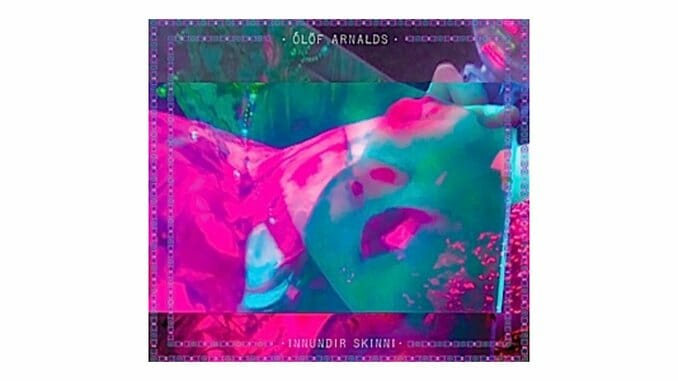Ólöf Arnalds: Innundir Skinni and Olafur Arnalds: …and They Have Escaped The Weight Of Darkness

Iceland’s Next Top Musicians
-

-

-

-

-

-

-

-

-

-

-

-

-

-

-

-

-

-

-

-

-

-

-

-

-

-

-

-

-

-

-

-

-

-

-

-

-

-

-

-








































